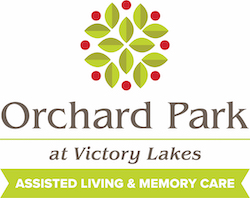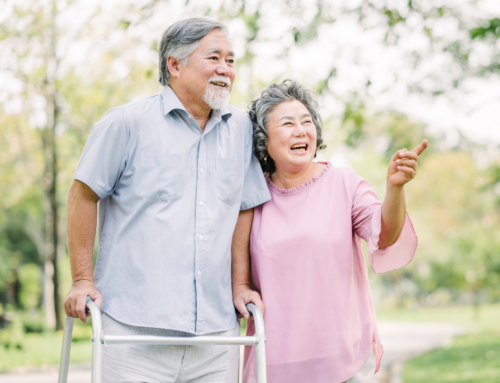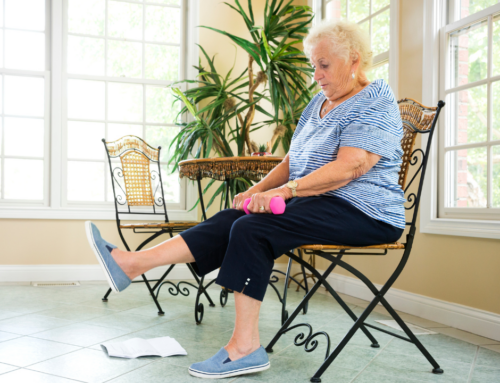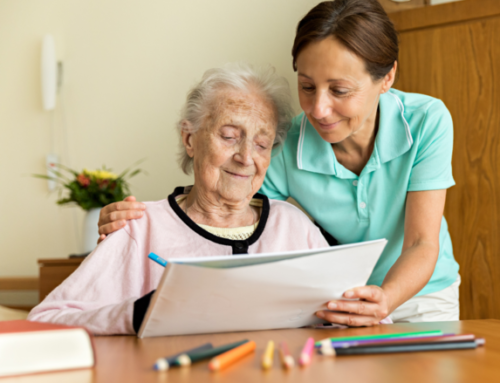Some people may assume that communal living for the elderly and veterans is only a matter of convenience for their families. The truth is that these residential settings have many benefits for the families of veterans and the veterans themselves. A few of the benefits of veterans living in group residential settings can include a decreased risk of depression, better care, personalized assistance, and more.
Benefit One: Receiving Personalized Care
With assisted living, a veteran will receive personalized care based on their individual needs. When the veteran moves into the new residence, staff will do an intake evaluation. Then, the veteran, the family, and the team will work together to determine the services needed for the new resident.
While one person may need an abundance of assistance, others may still be heavily independent. One size does not fit all when it comes to care and service. These communities are experts at evaluating the individual and offering personalized and exceptional care based on the resident’s needs. If the veteran is still independent in their daily tasks, the staff will encourage them to stay independent.
Benefit Two: Staying Social With Peers
Living alone can be lonely, especially for veterans and the elderly. People can avoid their loved ones feeling lonely and isolated by moving them into a community filled with other veterans and their peers. This type of residential setting is a massive benefit for veterans. It allows them to connect with their peers, therefore lessening their chances of feeling isolated and depressed.
As people age, their friends may move away or pass away. It can be difficult for the elderly to find new friends, especially in areas where neighbors are few and far between. In residential communities, elders and veterans will have many people to socialize with. Making new friends is easy in this type of residential setting.
Benefit Three: Increased Safety for Those With Memory Issues
For veterans with memory issues, a considerable benefit of this type of communal living is the opportunity to receive memory care. Not all places offer care for people with dementia and memory loss, but the communities that provide this specialized care will go above and beyond to keep the residents safe and happy. This type of care can include set schedules so that residents know what to expect throughout the day, and doors and elevators protected with alarms or keypads to keep residents from wandering off.
When touring the residence, make sure to ask what precautions are taken to keep those with memory issues safe. Every place will have different plans and tools, so it is essential to ask questions. For example, one community may require a staff member present when a resident wishes to go outside, while another community may have a safe and fenced-in backyard for the residents to explore as they please.
Benefit Four: Help With Medications
It can be a challenge for a young and healthy person with a sharp mind to remember their medication details, and even harder for those who may have memory problems. In addition, as a person ages, their daily medications may increase or become confusing, which doesn’t help the situation. A benefit of living in a veteran or elder residence community is that the staff is trained to assist with medications.
The staff can remind residents to take their medications and administer medications when needed. This is wonderful for families who worry that their loved ones may forget their life-saving medications. Knowing that the staff stays on top of the resident’s medication alleviates many families’ worry regarding this. In addition, if the resident needs a medication change, the care team will work directly with the doctor to make the change and get the medications updated.
Benefit Five: Assistance with Daily Living Activities
When a veteran or elder lives on their own, their family may worry that the person cannot properly care for their personal needs. A benefit of living in a staffed community is that anyone who needs assistance with their daily living activities receives that assistance. Assistance can include:
- Assistance dressing
- Bathing or showering
- Brushing teeth or hair
- Tidying up
- Making the bed
- Walking
- Eating
- Medication assistance
- Toileting.
Because the benefits of residential living are so great, many people want their veterans and loved ones living in these communities. The veterans are happier, healthier, and with their peers. Those considering this type of living should schedule a tour to learn more about what this type of residential service can offer for their elderly, disabled, or veteran loved ones.






